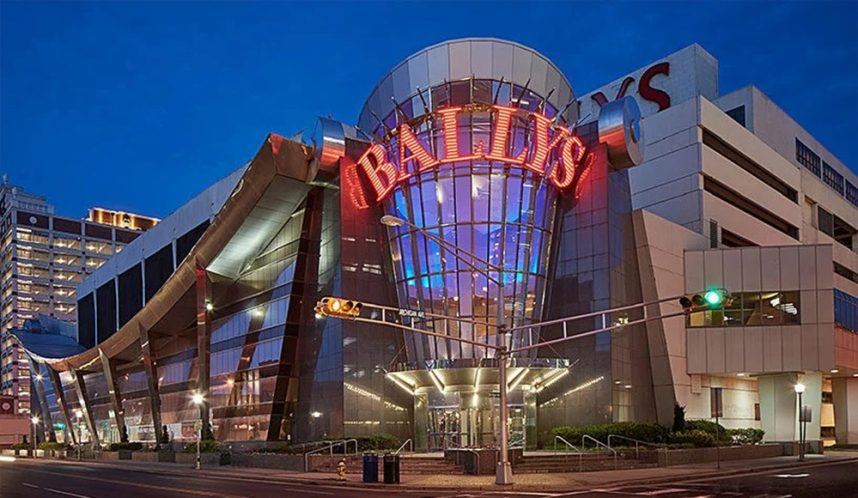A Massachusetts man who was robbed and “brutally” beaten in August 2021 after he left Bally’s Twin River Casino in Lincoln, R.I., cannot claim damages from the casino, a federal judge has ruled.

Edward Peduto alleged in a lawsuit filed last May in the Massachusetts District Court that his attackers identified him as a target at the Twin River. Security video showed the would-be robbers following him across the gaming floor and into the parking lot. They then tailed him in a car as he drove home, according to the complaint.
When Peduto stopped at a service station 50 miles from the casino in North Lexington, Mass., his assailants struck.
The ensuing attack left the plaintiff with “severe and permanent” injuries and $46,212 in medical bills. Peduto’s complaint makes no mention of the sum of money stolen during the robbery.
Knowledge of Violence
The plaintiff’s lawyers argued that Bally’s Twin River and its owner, UTGR, breached its duty of care by “failing to properly monitor the actions of persons at the casino” and by failing to provide adequate security.
They further argued that the casino had “actual and/or constructive knowledge of violence, including robbery,” against its customers and “had reason to anticipate that a patron might be subjected to a violent incident as a result of visiting the premises.”
From January 2019 to the time of the incident, there were at least eight robberies of casino customers close to the premises, which in some cases involved patrons being followed from the casino floor and assaulted, according to police records.
At least 76 additional violent incidents occurred on the premises during the same period, the lawsuit claimed.
No Foreseeability
But Judge Allison D. Burroughs was unconvinced by the argument. She noted that the casino’s security cameras merely captured the would-be attackers, along with other individuals, exiting the premises at the same time as the plaintiff.
At that time, they were not doing anything illegal in the casino or the parking lot and there was nothing to suggest to anyone monitoring the cameras that they intended to harm Peduto, she added.
Fundamentally, the existence of a duty of care depends upon the foreseeability of a risk of harm that the defendant has an ability to prevent,” Burroughs noted.
“The facts of the attack, while regrettable, are far removed from the rare circumstances under which Massachusetts courts have found that owners owed patrons a duty of care to prevent third-party criminal conduct, given that the attack occurred approximately fifty miles from Defendant’s premises, well away from Defendant’s security or control,” she wrote.
Burroughs granted the casino’s motion to dismiss the case without prejudice, which means the matter is over and the case cannot be refiled.
The post Bally’s Twin River Has No Duty of Care to Patron Followed, Robbed: Judge appeared first on Casino.org.






